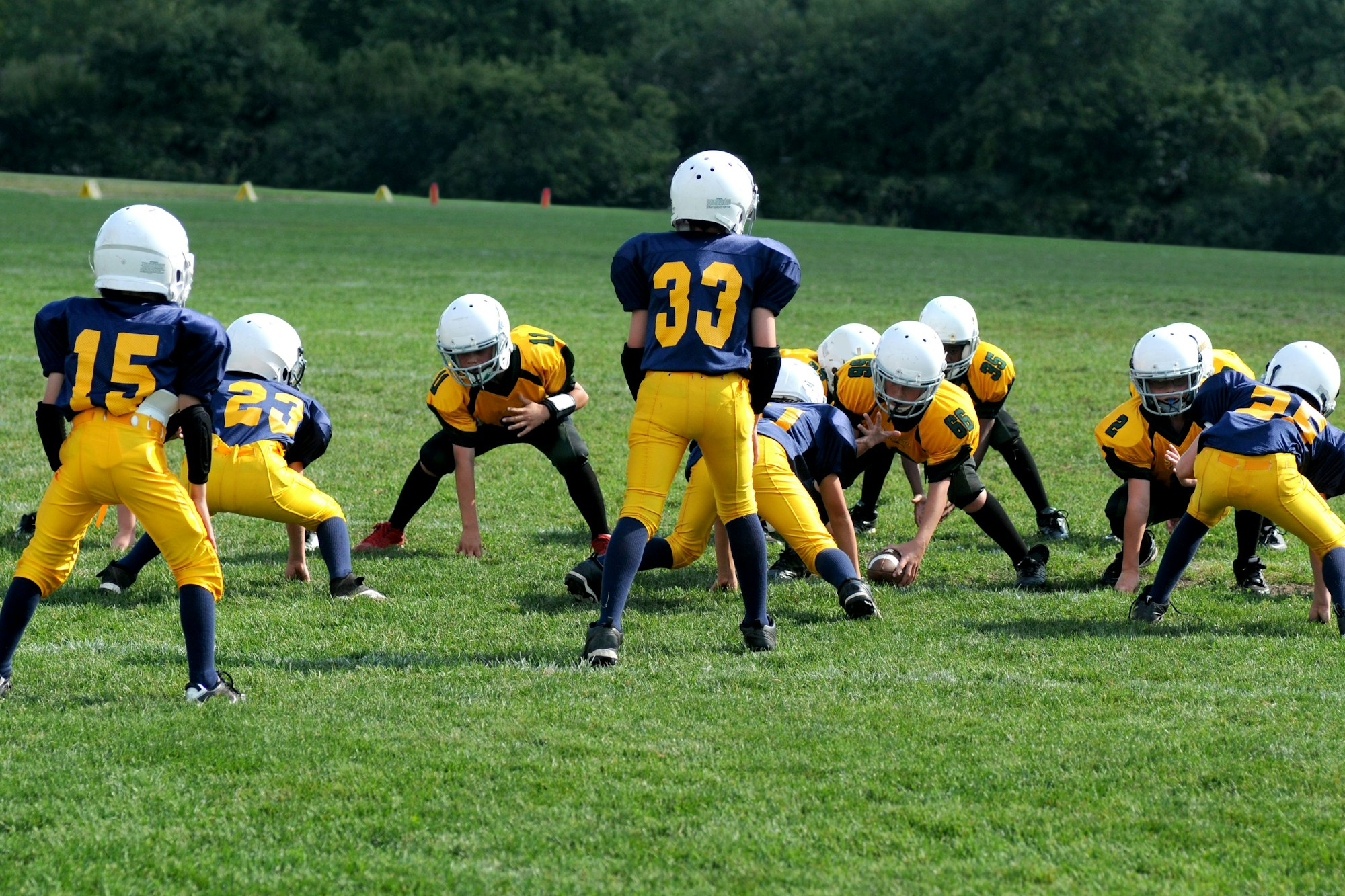
Over the past few years, youth sports have become big business. The casual football and baseball games of our childhoods that Charles Schultz immortalized in his Peanuts strips have been replaced by highly organized practice schedules and competitive calendars that fuel a $15 billion a year youth sports league
empire.
Yet while money has entered the equation, youth sports should still be all about the kids playing them, and their development on and off the field or court. So if you’re a parent with active children, a coach trying to bring out the best in them, or a young athlete, listen up! You’re about to learn from sports psychologist, bestselling author and Champion’s Mind app co-creator Dr. Jim Afremow how young players can make time for mental skills practice, what coaches can do to incorporate mindset work, and
why parents can benefit just as much as their kids from training “between the ears.”
Between school and sports, young athletes are really busy. How can they find time for mental skills training?
With an app like Champion’s Mind, young athletes can learn and practice mental skills in a few minutes a day, from anywhere. This doesn’t need to take time away from what they’re already doing. They could quickly go through an exercise that builds confidence while on the school bus, or calm pre-game nerves on the car ride there. For athletes of any age, there are usually three main objections to mental skills
training. People say they don’t have the money, but the app is inexpensive. Perhaps they’ll claim they don’t have the energy. The experiences in our Energizer and Regenerator pillars will actually give them more energy. Or maybe they say they don’t have the time, in which case they can just get in a quick daily practice while doing something else. This way, mental skills training doesn’t become a burden or
one more obligation – it’s something that’s fun and teaches lifelong lessons that are just as applicable in the classroom and family situations as they are to sports.
I have two sons, who are 10 and 12 years old. Is that too young to start working on mindset?
It’s never too early. There’s this common misconception that mental skills training is this serious thing that overcomplicates sports or makes them too formal. Having worked with athletes all the way from the youngest juniors to Olympians and seniors over the past 20 years, I can tell you that almost all of them tell me something like, “I wish I’d known about this earlier because it would’ve made me a better player and person.” No matter how young or old someone is or what level they compete at, a primary intrinsic goal should be to have the most fun possible. In fact, when an athlete is struggling with their performance, one of the first questions I ask them is, “Are you enjoying the game, and if not, why not?” Fixing someone’s inner issues often starts with reminding them of why they started playing in the first
place, and getting them back to acting more like a 10 or 12-year-old who’s playing for the love of it, not all the externals we can get caught up in.
The other side of this is that when we’re competent, we perform better, and that’s more enjoyable. When Steve Kerr took over the Warriors, one of his assistants challenged him to come up with a single word that defined everything about the team on and off the court. He chose joy, and we all saw the results. Steph Curry and his teammates reached an incredible level, breaking the record for wins in a season and winning three NBA titles. But you could see Kerr’s philosophy reflected far beyond that, in how the players acted towards each other during their warmup, how they shared the ball selflessly in games, and how they defended each other when the media critiqued someone. Youth sports has become big business and we’re often far too serious about it. Mental skills training can help young players tap into the kind of exuberance that the Warriors cultivated, while also helping them reach their
athletic potential. The younger you are when you start working on your mindset, the better.
How can mobile mental skills work benefit parents?
It provides peace of mind that kids’ phones aren’t all bad. There’s a lot of concern about screen time, boundaries on social media, and video games, and rightly so. But technology can also be a positive force if there’s the right balance between discovery and supervision. Kids and parents alike need to remember that their phones work for them, not the other way around. One positive use is to put mindset skills and strategies in the palm of young athletes’ hands. Instead of a child complaining about being bored or mindlessly surfing the web before dinner, they could do some
mental skills training instead. An app such as Champion’s Mind also provides the opportunity for parents and their kids to learn together. John Wooden once said, “Before you can lead others, you must be able to lead yourself.” Parents need the same coping skills of kids and if they can model confidence, concentration, composure, and commitment, then everyone around them – both at home and at work – will benefit in the long run. My daughter and I often do a mindfulness meditation together and it’s fun. Even if one of us gets distracted or isn’t really in the mood, it still provides a way to team up and challenge ourselves.
Check back soon for part 2. To start training your mental skills like the pros, download the Champion’s Mind app today!
